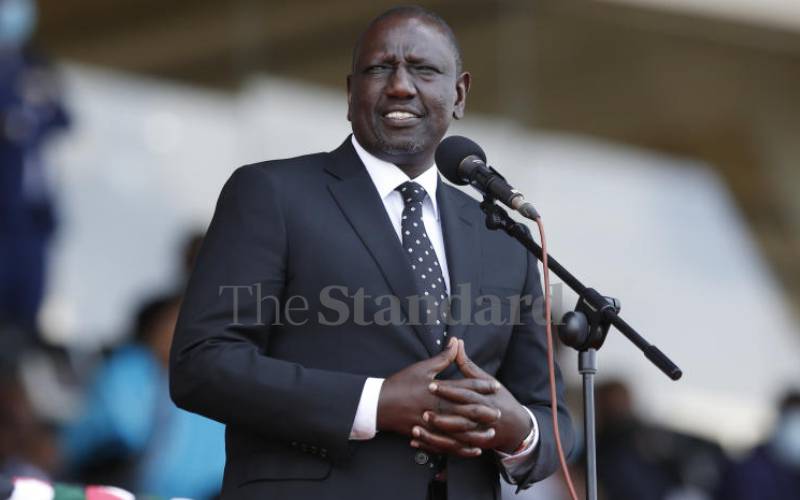×
The Standard e-Paper
Fearless, Trusted News

I have seen another political arrogance in Kenya - presidential candidates are slowly shutting down the presidential debate - a metaphorical equivalent of a presidential interview.
This is not only inimical to this democracy-entrenching event that started in 2013 but is proof of candidates who don't want to be held accountable.